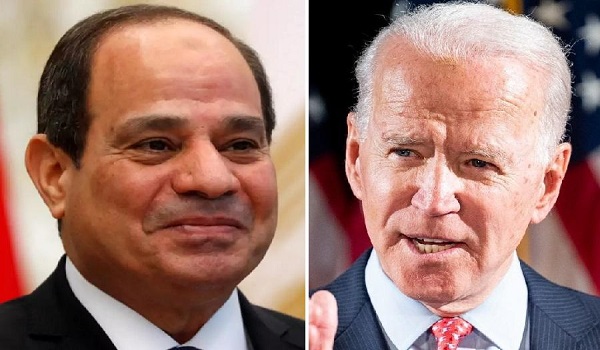As if the Egyptian economy needs more pain and impactful blows amid high prices, stagnation, recession, the flight of investment, and increasing unemployment, the regime has launched campaigns against businesspeople and arrested them and seized their money. These steps are incomprehensible but have multiple explanations, as these recently arrested people do not know about political opposition to al-Sisi’s regime, some of them were his supporters. Despite this, they were charged with the usual political charges.
It is the same political charges for which thousands of youth and dissidents are arrested under in Egypt, such as belonging to a banned group and financing terrorist activities, which the targeted businessmen are now facing. Away from talking about the regime’s objectives and its motives behind these arrests, the sudden prosecutions and seizure of businessmen’s money have a serious impact on Egypt’s labour market. Experts confirm that these measures lead to fear of Egyptian and foreign investors withdrawing their investments and not pumping them into the Egyptian market, which is reflected in the collapse of the stock exchange and the flight of investment.
Al-Swirky and Thabit
The most recent of the arrested businessmen is Ahmed Rajab, owner of Ragab Sons famous grocery chain, as well as Sayed Rajab al-Sweerky, owner of Al-Tawhid and Al-Nour stores. Al-Swireki was sentenced to 15 days imprisonment pending investigations on charges of joining a terrorist group and financing its activities by millions of pounds, as well as freezing his money and preventing his children from travelling.
Days preceding that, the Supreme State Security Prosecution decided to imprison Safwan Thabet, Chairman of the Board of Directors of Juhayna, the largest producer of dairy and juices in Egypt, for 15 days pending investigations, on the same accusation and withheld his money. A few days later, Ahmed Rajab joined them, on the same charges, and a decision was issued against him by the prosecution to imprison him as well.
Concurrently, the list of the Committee to Seize the Funds of Recent Terrorist Groups and Terrorists included preventing businessman Muhammad Mansour Abdul Rahman Abu Auf, and his brother Mustafa, from disposing of their money and property. The committee decided to reserve their company, My Way Egypt, one of the largest companies operating in the Egyptian market in this field.
The fierce security campaign brought to mind what happened with some businessmen in 2016, including arrests, confiscations, and their release and the violent shocks to the economy that began at that time. The arrest of businesspeople and the confiscation of their money in 2016 affected Safwan Thabet himself, who was recently arrested for the second time, in addition to Salah Diab and Mahmoud al-Gammal.
Specialists see that this escalation of al-Sisi’s regime against businesspeople has devastating economic effects on Egypt’s investment climate and local industry. They unanimously confirmed that these unjustified repeated arrests have repercussions on a broad segment of the middle and poor who benefit from those affected entities.
Blackmail and control
Despite the agreement that the economy and the citizen have been harmed by the arrests that take place against businesspeople, especially since the charges against them are politicised and for which thousands are imprisoned, the justifications come in many forms. Activists saw that what happened in the context of the military’s efforts to control major commercial activities in Egypt.
Some of them linked the arrest of the owner of Juhayna Food Industries to al-Sisi’s meeting a few days ago with army leaders to follow up on what he called the national project to establish and develop dairy collection centres. Others saw the arrests as an attempt by the regime to pressure businesspeople and blackmail them into donating for the state’s benefit.
Economist Mustafa Abdel Salam expected that the al-Sisi regime is pressuring some businessmen to sell their companies or the shares they own in them to some influential parties that ultimately belong to the military establishment. Abdel Salam did not rule out that the motive behind what happened was the negative impact on the companies owned by the arrested businessmen, in order to make room for companies affiliated with sovereign bodies in the state to take control.
In the same context, Mustafa Shaheen, an economist, explained that businessmen’s arrests and the confiscation of their money were due to the army’s old and renewed desire to control the economy and its resources in Egypt fully. He stressed in press statements that al-Sisi and his successors, the military, security, and intelligence services, are doing this without regard for the dangerous consequences for investment and the Egyptian citizen.




Recent Comments